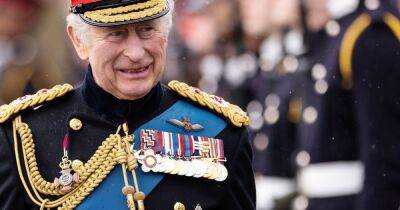Researchers in the US are resurrecting dead birds and returning them to the skies as hi-tech drones
Researchers in the US have taken an unconventional approach to wildlife monitoring using dead birds.
Mechanical engineering professor, Dr Mostafa Hassanalian, is leading a project at New Mexico tech to kit out the taxidermy birds with drones to give them a new mechanical lease of life.
Hassanalian completed two Masters degrees on flapping wing drones, which he developed with artificial material.
But just as the early aviators took inspiration from wildlife to build the first planes, he realised that those models did not provide the highest efficiency compared to actual birds.
"Now we can use re-engineered birds and dead birds and make them as a drone. And the only thing that we need to provide them to make them alive, is to basically design an attrition mechanism, put in their body, and everything is there," he explained.
"So, they have their tail, they have their wings, they have their head, the body, everything is there. So we do reverse engineering," Hassalian added.
He and his team analysed the weight, flapping frequency and angle of the bird when it was alive in order to create something similar.
The team do not yet have the capabilities to test their souped up birds with a real flock in nature, opting for the time being to run experiments inside a purpose built drone cage filled with fake mechanical birds.
This allows them to the study the formation and flight of flocks of migratory birds.
"If we learn how these birds manage energy between themselves, we can apply [these learnings into the future aviation industry to save more energy and save more fuel," Hassalian said.
Despite the benefits of this technology, the use of drones has also raised privacy concerns which Hassanalian is well aware of.
Privacy advocates worry that







